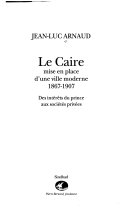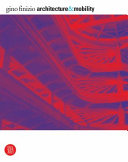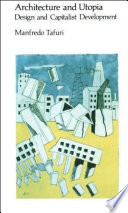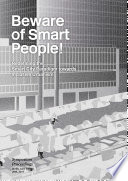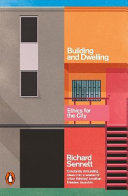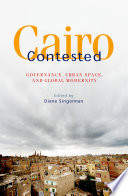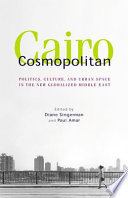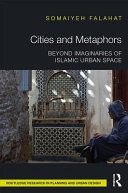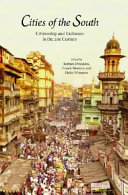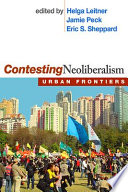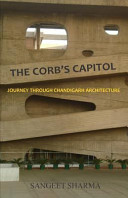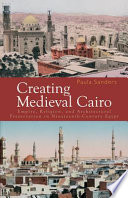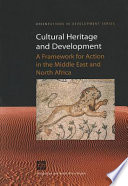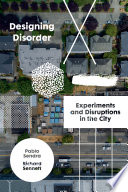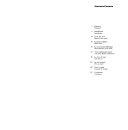Accumulation By Dispossession And Neoliberal Urban Planning
‘Landing’ The Mega-Projects In Taipei

نبذة عن الكتاب
Even in the mist of the current global economic crises, there are no signs of neoliberal urbanism collapsing. East Asia is today one of the most animated scenes of rapid and dynamic urban growth. New Asian urbanism has therefore emerged as an important field of study for understanding contemporary global social and economic change. This chapter discusses how the shifts in urban politics in Taipei, the capital city of Taiwan, facilitate neoliberal planning from the end of 1980s onwards. This is done through an analysis of four large-scale urban development projects, which are closely related to the spatial restructuring and economic transformation of Taipei over the past 20 years. Our findings suggest that private property rights have been established as the most dominant right to the city, also in Taipei. Strategies of ‘flexible’ accumulation by dispossession through ‘land acquisition’ - i.e. land grabbing via privatisation of public land - and property development are key characteristics of contradictory neoliberal planning of contemporary East Asian urbanism





